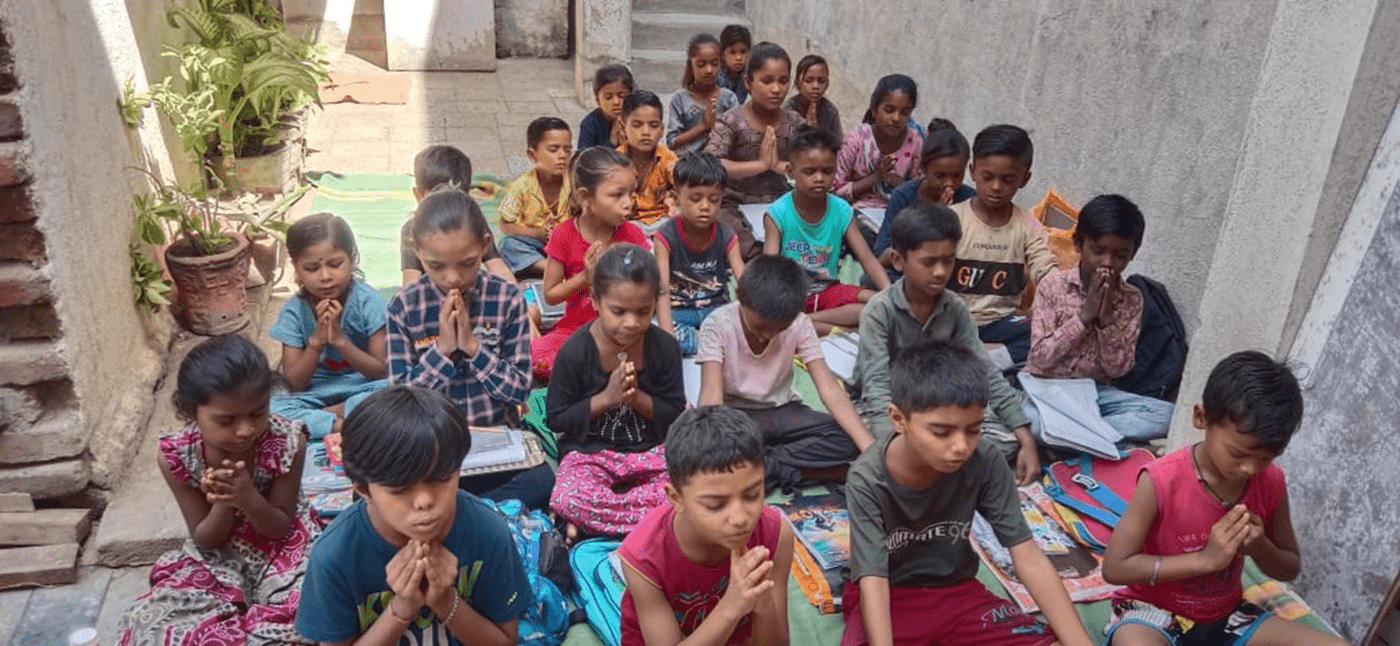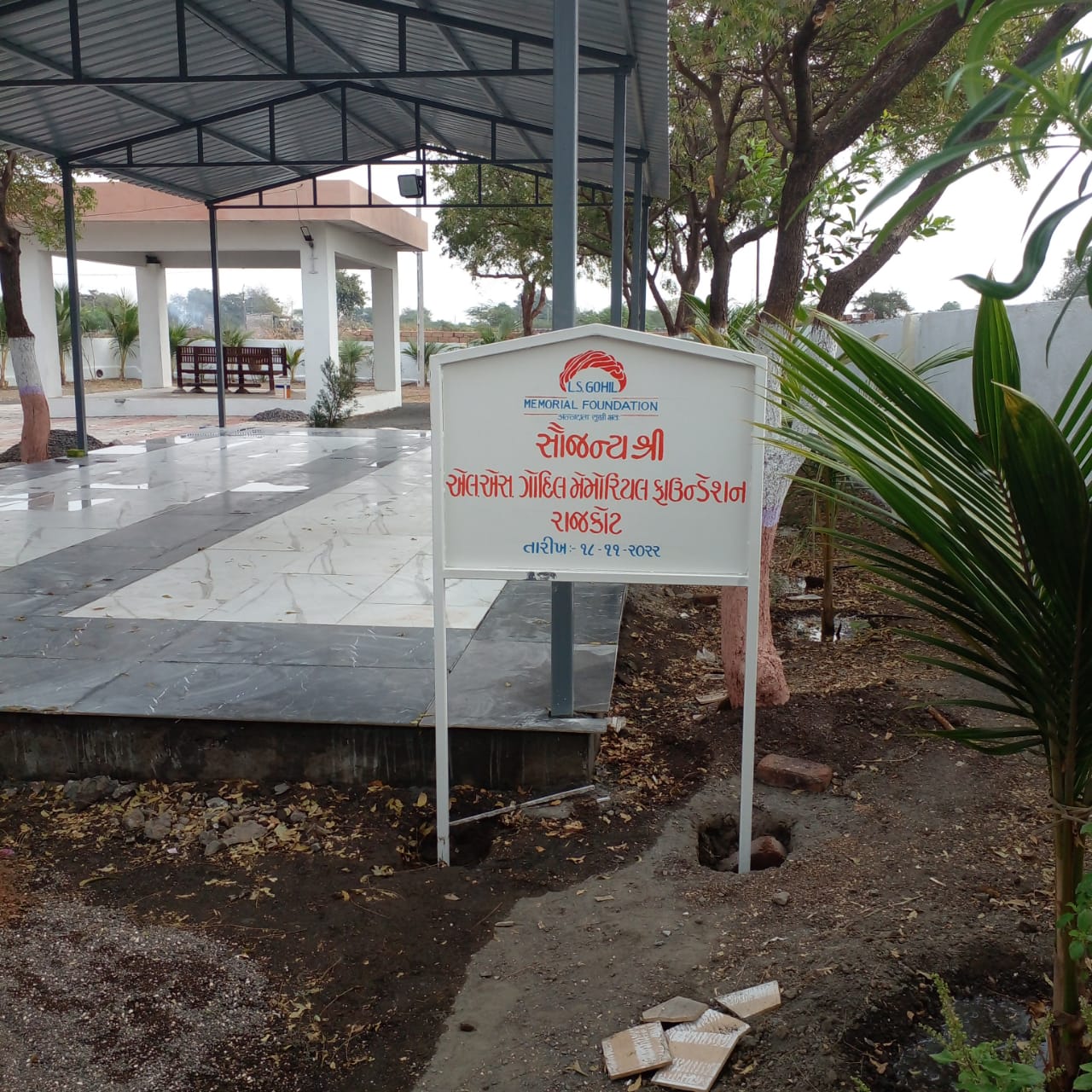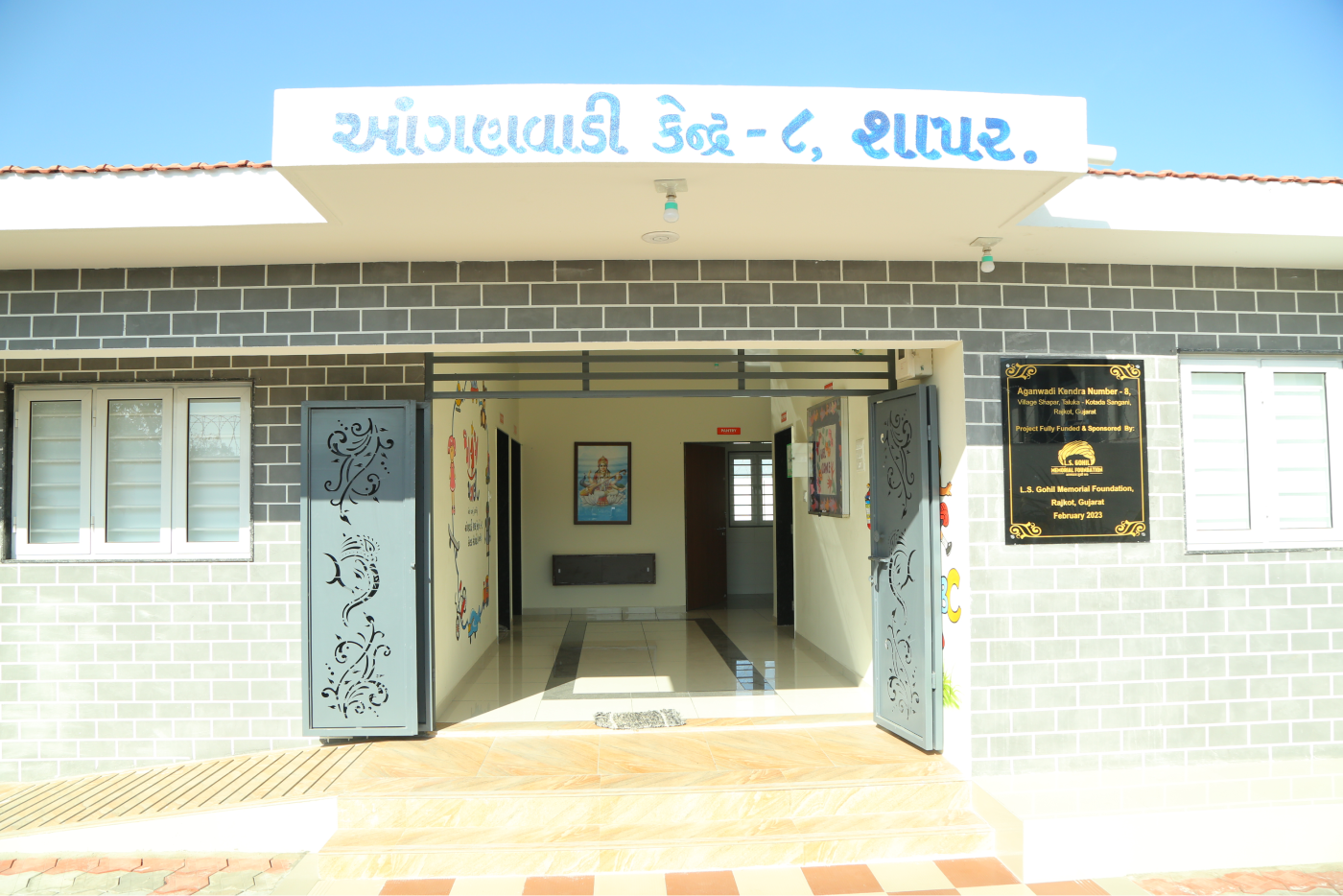CSR initiative
We Care for Society
The CSR activities are aligned with the specified activities in Schedule VII of the Companies Act. The above may be modified from time to time, as per recommendations of the CSR Committee of the Company.
All CSR Initiatives
Blood Donation Camp
According to 2021 statistics, India’s annual blood requirement is around 1.5 crore units. In every two seconds, a patient in India needs blood and one out of every three people will need blood in their lifetime. Regular blood donation by a sufficient number of healthy people is needed to ensure that blood will always be available to save precious human life in emergencies. To motivate people and convey importance of Blood donation, United Nation announced 14th June as World Blood Donor Day. India has also marked 1st October as voluntary blood donation day on 1 October.
Plantation
Erratic monsoons and different precipitation patterns are increasing instances of droughts and floods, severely affecting crop yields. One of the best ways to tackle these problems is planting more and more trees. Tree planting is extremely important because trees provide oxygen to the environment and improve air quality. If more trees are grown, the world’s ecology will be safer to live in. Tree plantation also minimizes pollutants, keeping the life of future generations safe.
Amrit Sarovar
Mission Amrit Sarovar was launched on 24 April 2022, as part of India’s “Azadi Ka Amrit Mahotsav” celebrations of the 75th years of Indian Independence. It is an ambitious project aiming to build or revitalize at least 75 Amrit Sarovars in every district throughout India. These holy water reservoirs, referred to as Amrit Sarovars, are vital sources of support for numerous rural communities, providing nourishment, wealth, and optimism. The primary goal of the mission is to address the water crisis affecting rural India and establish a foundation for sustainable water practices at the local level. The foundation in collaboration with district panchayat, Rajkot identified a place and developed it as sarovar.
Miyawaki Plantation near Mahila Police Station, Gondal
“Miyawaki Method” is the most effective tree planting methods for creating forest cover. It is effective because it is based on natural reforestation principles, i.e. using trees native to the area and replicating natural forest regeneration processes. It has some significant benefits over more traditional forestry methods when used in smaller afforestation projects and is particularly effective in the urban environment. The foundation provided financial aid for the 500-meter pipeline. At present, the area around 2.5 acre is covered with miyawaki plantation and improve air quality in the coming days.
Lokmela
The Rajkot Municipal Corporation, lok mela committee organizes Lokmela on Janmastmi. The foundation supported the organization committee for organizing the event. The fair is an important event for the city of Rajkot where thousands of people visit the city and enjoy the grand fair.
Bhagwat Katha
The Mandvi police housing colony members organized “Bhagwat Katha” for its members and people at large. The katha was organized at plot were the police department, Rajkot is establishing an advance training center. The foundation also provided office equipment and other amenities to public service institution like police station and health centers.
Sports Stadium/Complex
The Foundation in collaboration in collaboration with Mavdi Police Headquarter and Rajkot SP, Rural office is constructing a fully equipped sports complex with running tracks, basket and volleyball courts and various other amenities.
Sponsorship National Badminton Championships
Tasnim Mir is an evolving badminton player from Mehsana, Gujarat. She had participated in many regional, state, and national badminton championships. The World Badminton Federation has ranked her first in under 19 category.
Education – Project Gyandeep
The foundation collaborated with district panchayat office and contributed in Gyandeep program of government of Gujarat. The organization distributed more than 2500 books to students in grade 1 to 8.
HEALTH – Poshan Phase 1
The foundation has always been proactive in responding to health crises. The pandemic taught valuable lessons in terms of precautionary measures and building immunity. In crisis, the most vulnerable are the already sick poor people who neither have access to proper medication nor nutritious food to build their immunity. To address the problem of lack of access to nutritious food, the foundation in partnership with Taluka Health Office, Gondal came up with project ”POSHAN” to provide “protein and energy” rich food to 20 TB patients. The first phase of the “POSHAN” program saw overwhelming response both in terms of impact on patients and willingness of the govt. department. The foundation extended the program to 30 TB patients providing them nutritious “protein-energy” food kit for their speedy recovery. The foundation has also donated 35 Oxygen cylinders to govt. and private hospitals to improve their services to patients. The foundation has also donated 35 Oxygen cylinders to govt. and private hospitals to improve their services to patients.
Cyber Security
We are living in a cyber-age where flow of information has become too fast. With latest advent of technology and digital platform, the rate of online frauds, cheating, and scams have also increased. It becomes inevitable to keep our privacy and data safe. The Rajkot Cyber City Police has come up with an idea to develop a state of art training facility to train police personnel in various dimensions of cybercrime.
Renovation of 100 years old Heritage Police Station
The preservation of heritage buildings is critical because it gives future generations a feeling of identity and continuity in a rapidly changing environment. Heritage structures are essentially symbols of a country’s previous history and culture. Together, they form an area’s architectural heritage. The city police gondal was operating from a single building and they were in search of an alternative. The police team identified an old police station estimated to be more than 100 years. Long back, it was handed over to Gondal Police by the Gondal State. The structure was not in good condition needed renovation and repair. The foundation responded positively and the management approved the request and sanctioned an amount to complete the renovation. The police station is now in operation and accommodate around 35 police personal. The renovated structure is operating as B Division police station and the surveillance has become easy in the region.
Street Lights for Ardoi Village
The Ardoi Gram Panchayat reached out with a request to provide 30 streetlights for the electrification of the village. The Ardoi village is the largest village of Kotada Sangani Taluka and some area in the village become inaccessible after 8 pm. The foundation provided lights as per the request. The streetlights will benefit 5000 habitants of the village.
Nana Mandva Village – Shed For Cremation Ground
Nana Mandva, a small village located in Kotada Sangani taluka, Dist. Rajkot. The villagers from were facing problem to complete last rites at the village cremation ground. It lacked proper facility to assemble and perform rituals. The condition worsened in the rainy season. The Sarpanch of the village approached foundation to intervene. The foundation renovated the cremation area and provided 20 X 40 feet shed at the cremation ground.
RCC Road Bhunava and Ardoi village
The two villages Bhunava and Ardoi village of Kotada Sangani Taluka, Rajkot were connected to main highway by a “kaccha” road. During raining season, it became difficult for villagers to commute. Water logging and kaccha road disconnected the villages from main highway. The foundation constructed cemented road connecting these two villages with main highway.
Modern Anganwadi Building at Shapar
Anganwadi Kendras are the foundation of ICDS program (Integrated Children Development Scheme). The foundation in collaboration with Rajkot district panchayat office spearheaded a mission to make anganwadis spacious and well equipped. The foundation established a morden anganwadi kendra at Shapar village (Kodta Sangani, Rajkot). The new Anganwadi is equipped with audio-visual aid, android television, and learning material making learning a fun filled experience for children. It is also supporting to implement ICDS program at Taluka level.
Mansar Village Development Programme
Mansar is a small village of Halvad Taluka of Morbi District located around 60 KM from the district headquarters. The total geographical area of village is 649.69 hectares. Mansar has a total population of 839 peoples, out of which male population is 429 while female population is 410.
















